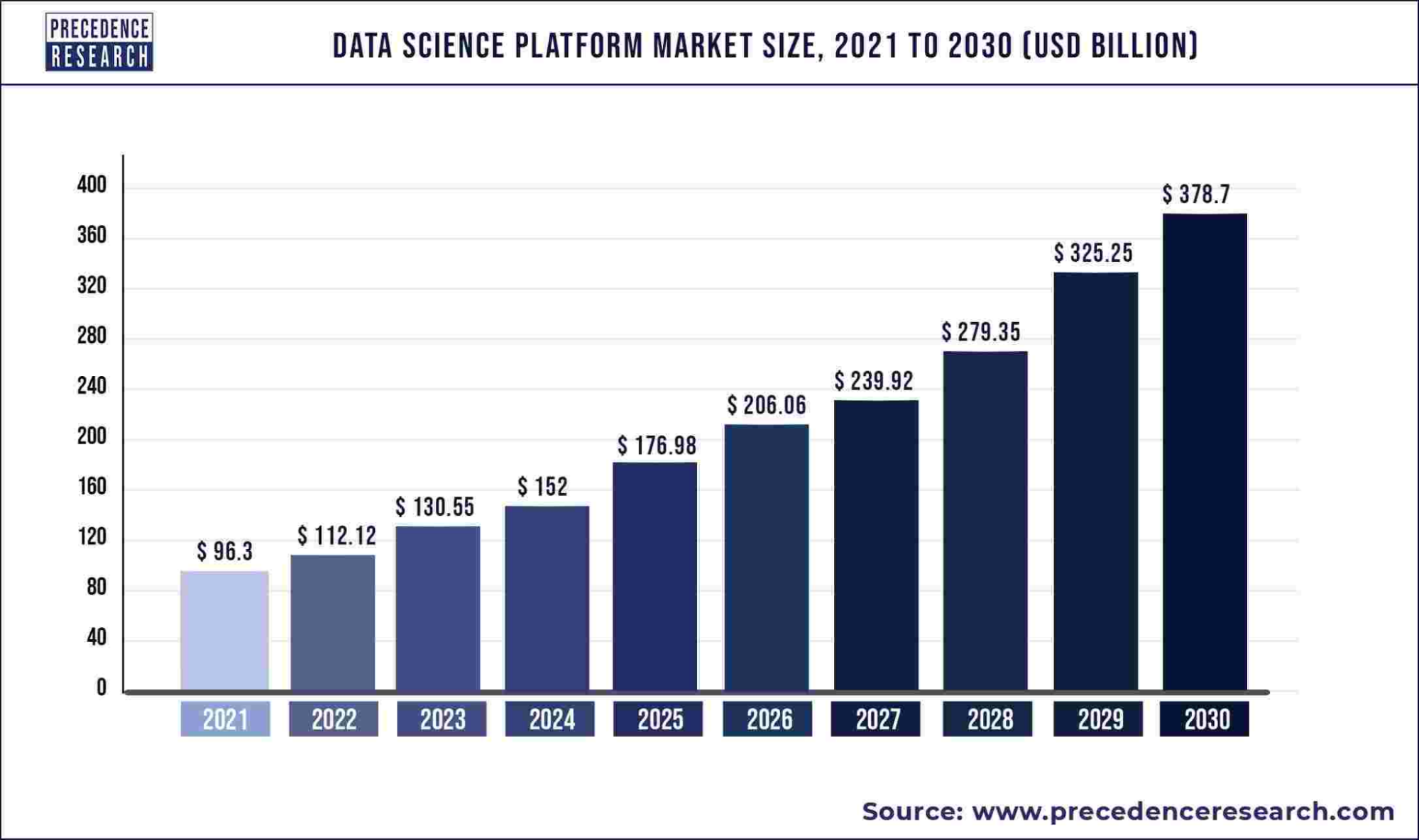
Moonpreneur
Data Science involves the analysis of data to derive insights that can benefit businesses. This interdisciplinary field employs statistical methods, scientific processes, and algorithms to extract meaningful information and knowledge from unstructured data. With the tremendous potential for growth, a career in Data Science is among the best options available.

In today’s data-driven world, organizations make better decisions by collecting and analyzing vast amounts of data. With the help of Data Science techniques, businesses can gather previously unimaginable insights.
Before diving into the world of Data Science, children need to grasp the fundamental concepts of the subject.
So, what should kids know about Data Science?
Data Science involves a simple 3-step process:
- Data Collection
- Data Analysis
- Data-Driven Decision Making
A few must-have skills required for Data Science are:
- Statistics
- Coding
- Communication
This process is simple. A child should code, then use statistics to analyze the data mentioned in the code, and finally, communicate the same information to stakeholders.
Advantages of learning Data Science
Boosts imagination and creativity: It can enhance the imagination and creativity of children by teaching them to identify patterns in data and create visual representations.
This process encourages children to use their imagination and creativity to forecast and analyze data effectively. These skills are crucial for success in the field of Data Science.
Improves mathematical skills: It can improve mathematical skills as it is deeply rooted in mathematics and statistics.
Improve STEM Skills: Teaching Data Science to kids can improve their understanding of various concepts in STEM (Science, Technology, Engineering, Mathematics) and other fields.
Valuable educational tool: Data Science is applied in various subjects and disciplines, making it valuable. It can improve career prospects and ensure great earnings for kids, which is necessary.
Is Data Science easy to understand for kids?
Data Science is easy for kids to understand, but only when properly taught and implemented. If Data Science is taught in an approachable way based on a few tips (a few of which are mentioned below), then it will be easier for kids to learn.
Tips for introducing Data Science to kids
Lauren Mauel, a lecturer at the University of Wisconsin Green Bay, advised on how to introduce Data Science to children:
Statistics: Statistics is one of the most important concepts in data science, and children should be introduced to the subject. But if it is not taught correctly, kids may become bored.
One can add fun and entertaining elements to make it interesting. For instance, include drawing, graphs, etc, in assignments.
Ask children to group similar-sized objects and draw a graph representing the information. This can pique their interest and help in understanding the concepts of statistics.
Gamification: Encourage children to play games related to data science. Kids enjoy gaming and it can help them learn problem-solving skills, critical thinking skills, data analysis, etc. These are the basic skills of data science.
Coding: Coding skills are essential to learning data science. Kids need to be enthusiastic about coding, which can be taught using block-based programming languages like Scratch.
Learning by doing: Kids enjoy activities. Activity-based learning provides them with both joy and knowledge at the same time. Allow kids to practice the data collection process by conducting a simple, fun survey.
In today’s rapidly advancing technological landscape, Data Science is an integral part of our world. Children must learn about Data Science and its various applications as it is becoming one of the most sought-after career options.
Teaching Data Science to children can be challenging, as the field involves complex concepts such as Statistics,
Algorithms and Scientific Methods. However, it is important to simplify these concepts and present them in a way that is accessible and understandable to children.
With the right approach and resources, children can develop a strong foundation in Data Science that will benefit them throughout their academic and professional lives.
Moonpreneur is on a mission to disrupt traditional education and future-proof the next generation with holistic learning solutions. Its Innovator Program is building tomorrow’s workforce by training students in AI/ML, Robotics, Coding, IoT, and Apps, enabling entrepreneurship through experiential learning.


























What fundamental knowledge is necessary for data science?
16 Essential Skills for Aspiring Data Scientists to Begin (or Advance) Their Careers
To thrive as a data scientist, you should possess the ability to collect and analyze data, and effectively communicate your discoveries. This encompasses technical expertise like programming, database manipulation, advanced mathematics, and data visualization, in addition to soft skills such as collaboration and public speaking.